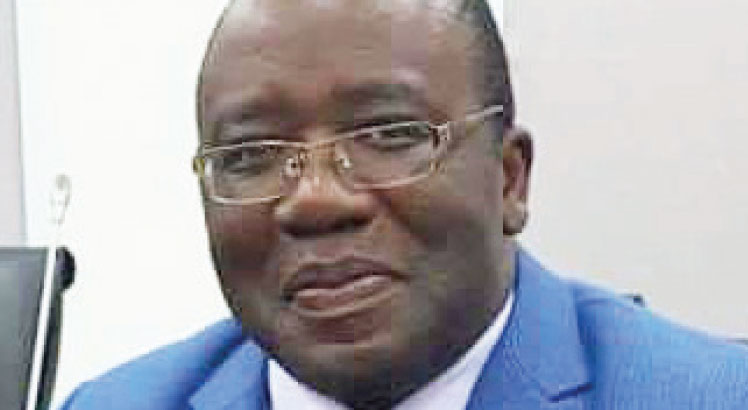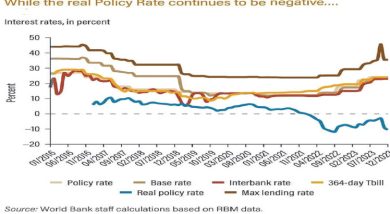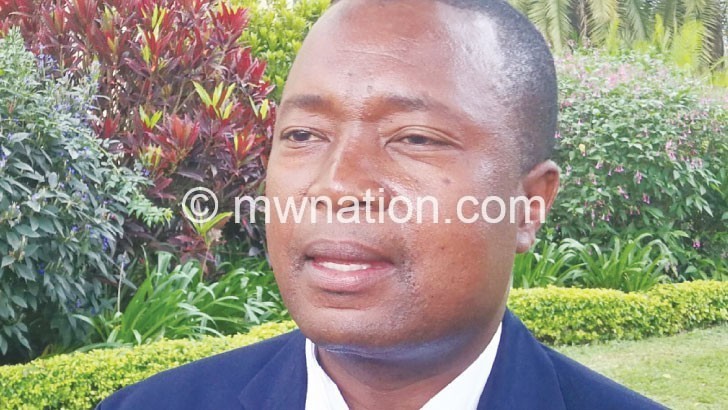Monetary policy toremain tight, RBM
The Reserve Bank of Malawi (RBM) says though price developments on the international market point to a decline, the monetary policy will remain tightened locally to tame the rising inflation.
A tight monetary policy is an action by a central bank to reduce money supply and increase the policy rate—a key driver of interest rates on loans.
In its July market intelligence report published on Monday, the central bank said it would continue with a tight monetary policy stance given the rising inflation.
Said the bank in the report: “Though the materialisation of the decline global prices could help to ease pressures on currencies for developing economies like Malawi and contribute to subdued inflation.

“However, these benefits could be eroded by the lingering effects of adverse climatic shocks which are currently manifesting through rising food prices locally on account of food insecurity.”
The RBM has since indicated that it implies that the era of tight monetary policy stance will be longer locally than in advanced economies.
Meanwhile, RBM data shows that in the second-quarter (April to June 2023), headline inflation surged to an average of 28.4 percent, from 26.5 percent in the last-quarter and compared to 19.4 percent in the same quarter the previous year.
The central bank now projects annual inflation to average higher at 29.5 percent in 2023 than 24.5 percent forecasted during the third monetary policy committee (MPC) meeting in July and compared to an average of 20.9 percent in 2022.
As a consequence of the inflation outlook, MPC decided to increase the policy rate by 200 basis points to 24 percent from 2022 percent.
The policy rate was static at 12 percent since 2021, a move the central bank indicated that it was meant to support economic recovery from the Covid-19 pandemic.
However, in view of rising inflation, the central bank has since the last-quarter of 2022, sustained an adjustment in the policy rate to tame the rising inflation.
Economic statistician Alick Nyasulu in an interview, however, observed that instead of tightening the monetary policy, authorities should instead deal with rising debt which is a big threat to government finance and a channel through which rates actually increase.
On his part, economist Exley Silumbu also indicated that price stability is critical, observing that high prices are dealing a heavy blow to consumers and enterprises.
He, however, noted that inflationary pressures are not pushed by growth in money supply, low export and manufacturing base, saying addressing these would help tame inflation and stabilise prices in the short to medium-term.





